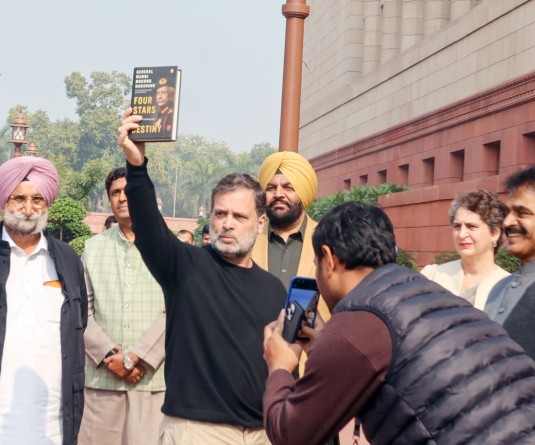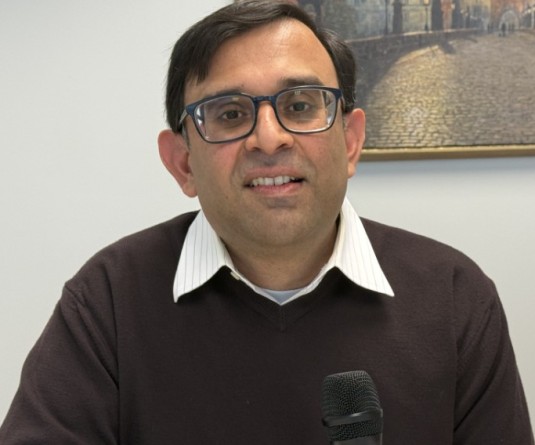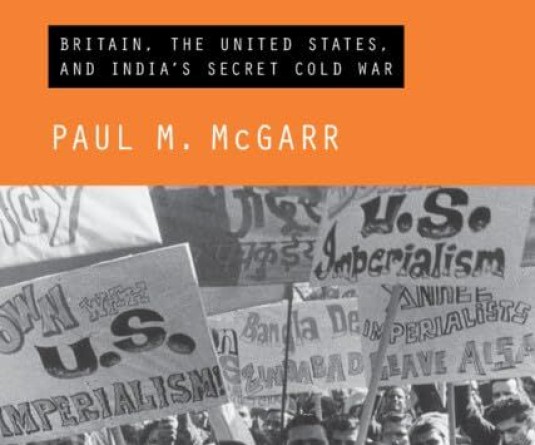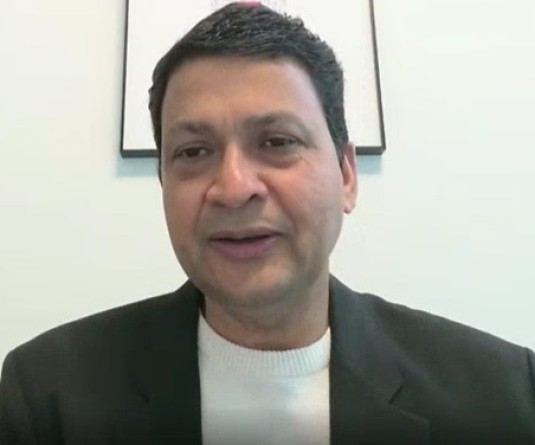Jane Goodall on COVID-19
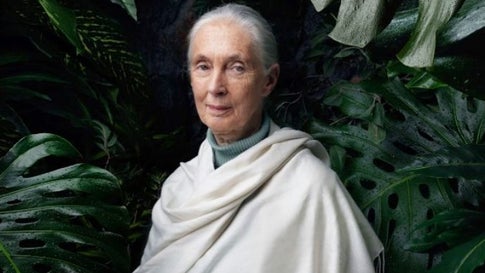
BY SIDDHI JAIN
New Delhi, April 15 (IANSlife) British anthropologist Jane Goodall, 86, who is known for her path-breaking research on chimpanzees in 1960s Tanzania, blames humankind for disrespecting nature, destroying forests and forcing the animal species to live closer together than they normally would, she tells IANSlife.
The noted primatologist, who says she has loved animals since her childhood, shared her views on the COVID-19 pandemic: "The reason for this pandemic is that we've been disrespectful of nature. We've been destroying forests; we've been forcing the animal species to live closer together than they normally would; we've been forcing them to interact with people more than they normally should. "
"If these conditions, and especially the cruelty of the meat markets where wild animals are forced into tiny cages and sold for food or pets, that's happening in many different countries around the world and it's those conditions that have led to viruses jumping from an animal species to a human. There's a lot known about this now, how it happens, and of course, in some cases, it's led to something like COVID-19. SARS is another example of a virus that began in a wet market in China," Goodall said in a telephonic interview to IANSlife, while she is sheltering in England.
How can we tackle this pandemic?
The anthropologist believes, "Well, what's happening is the best way people can-we have social distancing, we have lockdowns, and one thing that's happening is that people are beginning to understand a bit better what the world could be like, because as the industries are closed down, so the air gets cleaner and hopefully, people after this is over, will not want to go back to polluted cities and will force politicians to take actions, to prevent too much emission and to work very hard to put money into developing ever more clean, green energy like solar, which I know India is way ahead of the western world in developing solar power."
The novel Coronavirus pandemic, however, is not the only crisis the world is facing today. As climate change rattles the world, Goodall says we should have been "treating the climate crisis a long time ago just as we are trying to deal with the pandemic today".
Adding, "Now we have this pandemic and governments everywhere or almost everywhere are finally reacting and taking measures and causing shutdowns and making regulations. We should have been doing this for climate change a long time ago, and just as this pandemic was predicted by science, years and years ago, so was the climate crisis predicted years and years ago. So, in both cases, the problem has resulted from politicians paying absolutely no attention. Not only politicians, big corporations too and many individuals just wanting to carry on with life as usual, not seeming to care about future generations," the recipient of 1997 Tyler Prize for Environmental Achievement and 1995 Hubbard Medal told IANSlife.
Notably, Goodall features in a power-packed National Geographic documentary, "Jane Goodall: The Hope", which captures her decades-long legacy and how she sees the power of young people as harbingers of positive change. It will be out on Earth Day, April 22. "..Young people actually are changing the world. They're passionate, they're determined and they really want to see a world that enables future generations of humans to survive, but they also want to protect animals. They want to protect the environment."
"They're beginning to understand that we're part of the natural world. They understand that animals have personalities, minds and emotions, not just chimpanzees, but dogs and cats and cows and birds, many, many birds. Even the octopus and some fish are intelligent. So, that's what I'm hoping, that these young people around the world will save us in time," she signs off.
(Siddhi Jain can be contacted at siddhi.j@ians.in)


